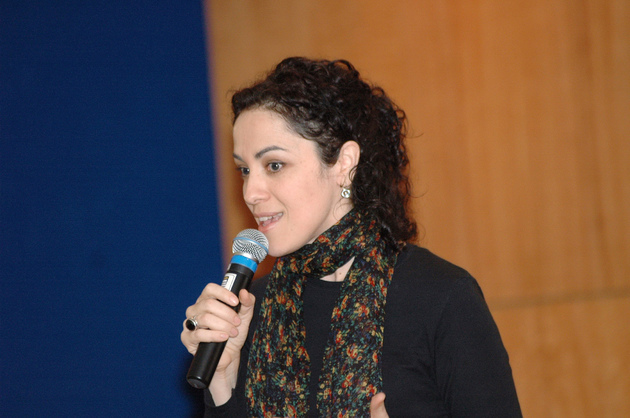That Philosophy was born in ancient Greece everyone knows. Which had an important moment in Germany and France as well. But today, let's talk about thinkers of philosophy in Brazil. We chose, among many, eight Brazilian philosophers and philosophers who seek to popularize philosophy and that you already know or should know.
The authors and authors continue the area of knowledge born in ancient Greece and propose, each in their own way, interesting philosophical ways of interpreting reality.
1. Djamila Ribeiro (1980)
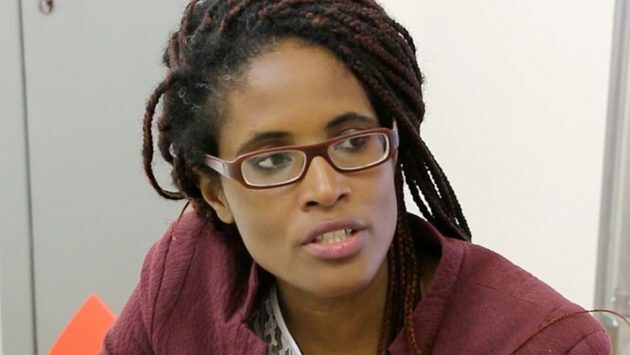
Djamila Ribeiro, Master in Political Philosophy from Unifesp, is a specialist in issues of racial and gender inequalities, in addition to being one of the great names in philosophy today.
Your book What is a Place of Speech? (2017) it became a reference and is an essential reading for anyone interested in the themes.
In it, the issue of privileges is approached from a notion that the white man's standard is understood as a universal standard. This perspective sets aside and silences all other speeches (of women, blacks and blacks and other historically silenced groups). The author proposes breaking the silence and promoting the speech of these groups.
She is also the author of the book QWho's Afraid of Black Feminism? (2018), she is a columnist for Carta Capital magazine and has a wide range of media and social media activities.
My daily struggle is to be recognized as a subject, to impose my existence on a society that insists on denying it.
2. Mario Sergio Cortella (1954)
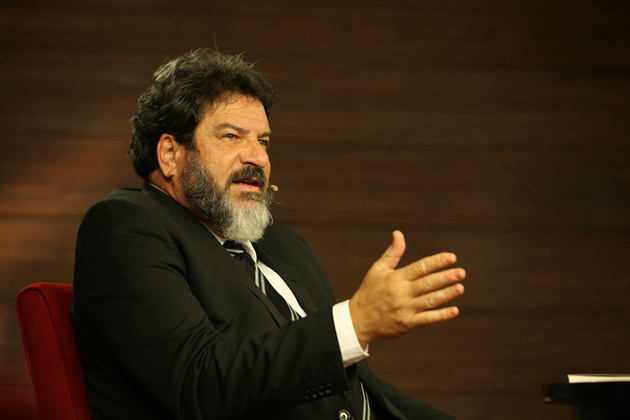
Mario Sergio Cortella has a degree in Philosophy and a Doctor of Education from PUC-SP, having been supervised by Paulo Freire.
His thinking mainly encompasses issues relating to daily life and its relationship with Ethics and Education. He believes in the democratization of knowledge and philosophy. It seeks to enable access to traditional philosophical thinking and its relationship with everyday life. She uses social networks and the internet to promote her work.
He has published books that make this link, like Luck Follows Courage! Opportunities, skills and lifetimes (2018), Per What Do We Do What Do We Do? - Vital Afflictions about Work, Career and Achievement (2016), Ethics and Shame in the Face! (with Clóvis de Barros, 2014), Descartes: The Passion for Reason (1988), between others.
Knowledge serves to delight people, not humiliate them.
3. Luiz Felipe Pondé (1959)
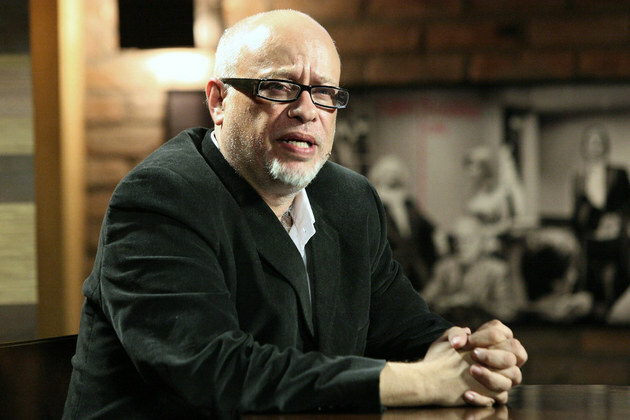
Luiz Felipe Pondé holds a Ph.D. in Philosophy from the University of São Paulo (USP) and a post-doctorate from the University of Tel Aviv, in Israel.
In 2012, he launched the Politically Incorrect Guide to Philosophy. In the book, the author asserts that excluded social groups claim for themselves a monopoly of suffering and defend a "universal lie" called "politically correct".
The philosopher considers himself a conservative liberal or liberal-conservative. According to him, the thinking of the English philosopher David Hume it is a union between liberal thinking for the economy with the conservatism of customs.
As a researcher, he is an expert on Pascal, having published some books on the French philosopher and mathematician's thinking.
He writes for a column in the Folha de São Paulo newspaper where he comments on politics and issues related to daily life.
When you stop believing in God, you start believing in any nonsense… in nature, in history, in science or in yourself. This last one I think is the worst of all. Cheesy people thing.
4. Marcia Tiburi (1970)
Marcia Tiburi holds a Ph.D. in Philosophy from the Federal University of Rio Grande do Sul (UFRGS), a specialist in the thought of Adorno and in Frankfurt School. Her works are related to contemporary philosophy.
The philosopher approaches themes about the cultural industry, mass communication and social networks. For years, she participated in a TV show in which she commented on everyday issues related to feminism.
She also acts politically. In 2018, she was a candidate and participated in the elections for the mayor of Rio de Janeiro by the Workers' Party.
She is the author of the books:
- pop philosophy (2011);
- How to Talk to a Fascist - Reflections on Brazilian Authoritarian Daily Life (2015);
- Political Ridiculous: an investigation into the laughable, the manipulation of the image and the aesthetically correct (2017);
- Delusion of Power – Psychopower and Collective Madness in the Age of Disinformation (2019), in which he narrates his experience in Rio's elections.
If we take into account that talking about anything is too easy, that we talk too much and say unnecessary things, a new consumerism emerges among us, the consumerism of language. The problem is that it produces, like any consumerism, a lot of waste. And the problem with any garbage is that it doesn't return to nature as if nothing had happened. It profoundly alters our lives in a physical and mental sense. What is eaten, what is seen, what is heard, in a word, what is introjected, becomes a body, becomes existence.
5. Marilena Chauí (1941)
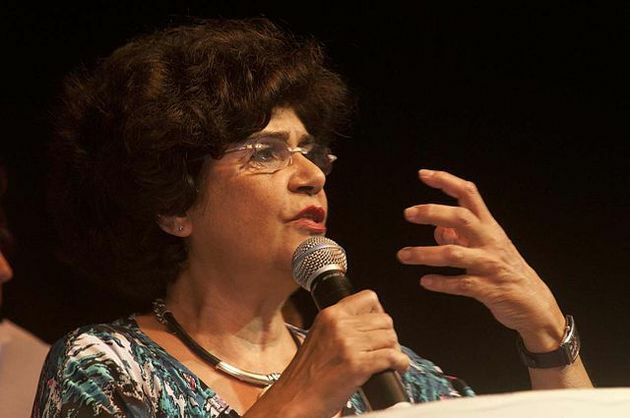
Marilena Chauí is one of the most important philosophers in Brazil. She is an expert on Spinoza and has important work on the author. She is the author of several textbooks and introduction to philosophy used throughout the country.
The philosopher also has a great political role. She was a founding member of the Partido dos Trabalhadores and secretary of culture for the city of São Paulo.
She is a professor at the Faculty of Philosophy, Literature and Human Sciences at the University of São Paulo (FFLCH-USP), she was awarded a doctorate degree honoris causa by several universities in Brazil and around the world.
She is the author of the books What is Ideology? (1980), Invitation to Philosophy (1994), Jabuti Award winner, Rib of the Real (2000), winner of the same award, between others.
The ideological logic can only be maintained by concealing its genesis, that is, the social division of classes, since being mission of ideologies to conceal the existence of this division, an ideology that would reveal its own origin if it would self-destruct.
6. Silvio Gallo (1963)
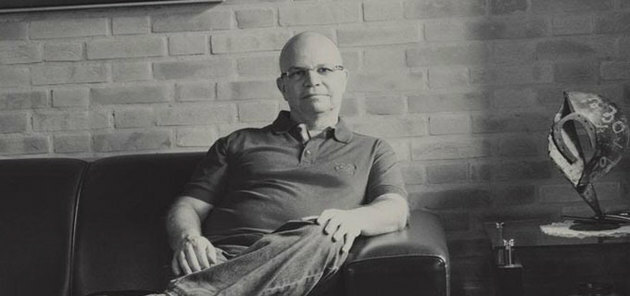
Silvio Gallo is a philosopher and educator with a degree in Philosophy from PUC-Campinas and a PhD in Education from Unicamp.
His work turns to the area of education and the thought of a libertarian and anarchist education. Relates contemporary philosophy, especially that of Foucault and Deleuze, and educational processes.
She is the author of the books:
- Risk Pedagogy: Anarchist Experiences in Education (1995);
- Ethics and Citizenship: Paths of Philosophy (1997);
- Education of Prejudice - essays on power and resistance (2004);
- Libertarian Pedagogy - Anarchists, Anarchisms and Education (2007), between others.
He is also the author of the textbook Philosophy - thought experience (2013), widely used in schools.
7. Viviane Mosé (1964)
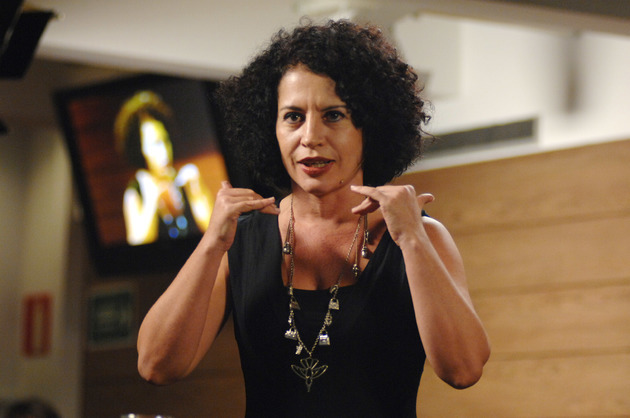
Viviane Mosé holds a Ph.D. in philosophy from the Institute of Philosophy and Social Sciences at the Federal University of Rio de Janeiro (IFCS-UFRJ) and is a specialist in Nietzsche.
During 2005-2006, she presented a picture in the Fantastic (tv show) where she addressed philosophical concepts and related them to everyday issues as a way to popularize philosophy.
The philosopher is also a psychoanalyst, author of poetry books and lectures throughout the country.
She is the author of books like Thus Spoke Nietzsche (1999), Beauty, Ugliness and Psychoanalysis (2004), Nietzsche today (2018), among others.
The soul's pain is nothing more than its limits tearing to fit more world.
8. Leandro Konder (1936-2014)
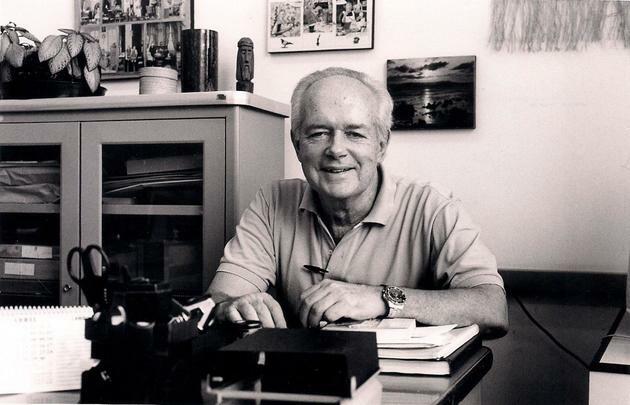
Leandro Konder was an internationally recognized Brazilian philosopher. He sought to understand the issues of philosophy more linked to social issues. He was one of the greatest experts on Marx's thought in the country.
He graduated in law and had an intense career in party militancy. A student of Marxist thought, he was greatly influenced by the thought of Lukács and the Frankfurt School. During the military dictatorship, he was arrested, tortured and exiled from the country. In Germany, he began his doctorate in philosophy, completed on his return to Brazil.
A professor at PUC-Rio, he has published several books. Among them, Introduction to Fascism (1977), What is Dialectics (1981), the romance The Death of Rimbaud (2000) and the autobiographical Memories of a Communist Intellectual (2008).
Any theory – even the best ones! – can be invoked to support the bullshit.
Philosopher Artists
In addition to these thinkers that philosophy made famous, we have some personalities who are also lovers of knowledge:
- Tony Ramos - the actor has a degree in philosophy from PUC-SP.
- Claudia Abreu -Besides being an actress, producer and screenwriter, she dedicated herself to the study of philosophy, graduated from PUC-Rio.
- vinny - the famous singer for the hit "Heloisa, move the chair", decided to leave the stage and graduated in philosophy at the COC Institute of Ribeirão Preto. Afterwards, he went on to study for a Masters in Social Sciences at a university in Argentina.
- Marcos Mion - the presenter was a philosophy student at USP.
Quiz of personalities who made history
Interested? These texts can also help you:
- The most important philosophers in history
- What is philosophy?
- Philosophy Exercises
- Contemporary Philosophy
- ethic
- cultural industry
- mass culture
- Dialectics: the art of dialogue and complexity
- Immanuel Kant: biography, works and main ideas
- Utilitarianism: what it is, characteristics and thinkers
- Enlightenment thinkers: main philosophers, Enlightenment ideas and works

